In the Niger Delta region, organized crime manifests most visibly as supremacy clashes between cult groups such as the Icelanders and Greenlanders, or Deywell versus Deybam. Over the past decade, such clashes have killed over 1000 people and have further complicated an already challenging operating environment for businesses.
Despite the uniqueness of the Niger Delta context, organized crime in the region shares traits often found in other parts of the world. For example, according to the United Nations Office on Drugs and Crime (UNODC), it most often flourishes in environments characterized by significant internal divisions, depleted infrastructure, high poverty rates, and group or sub-group hostility towards the state. No stranger to cycles of electoral violence, militancy, criminality and communal clashes, many of the Niger Delta states face challenges associated with rule of law and governance that enable an environment of impunity.
Further feeding a cycle of instability, organized crime undermines governments, fuels corruption, and facilitates criminal infiltration of state structures. It also exploits and deepens societal divisions, keeping grievances alive while undermining peace processes. Organized crime also weakens state-society relations by undermining stability, eroding trust and legitimacy, and fostering the creation of parallel or compromised state and local security services. According to the 2017 World Bank Annual Report, and similar findings from a 2016 Organization for Economic Cooperation and Development (OECD) report on illicit cash flows, these factors result in disincentives for economic investment and growth.

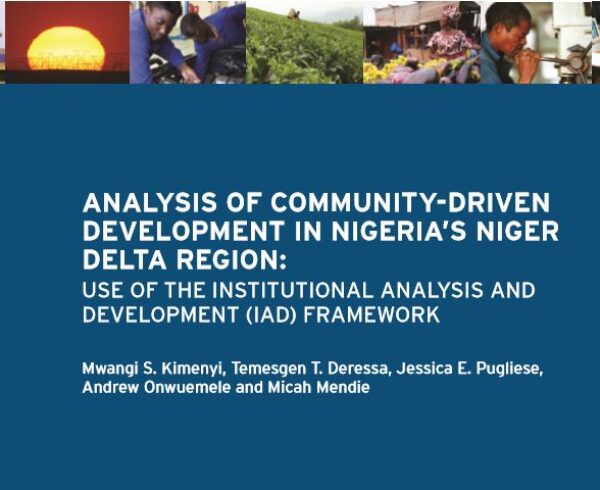
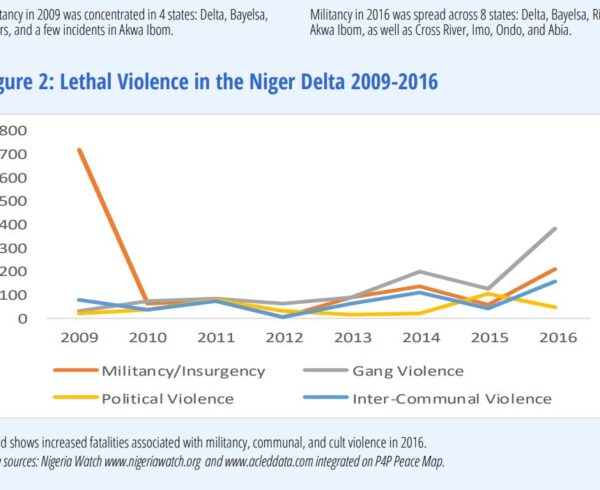
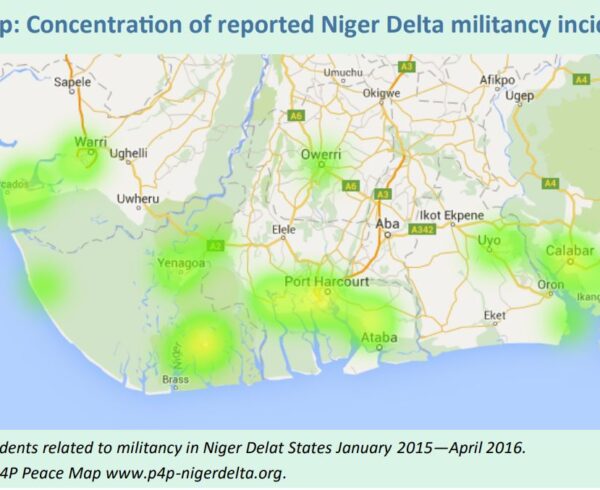
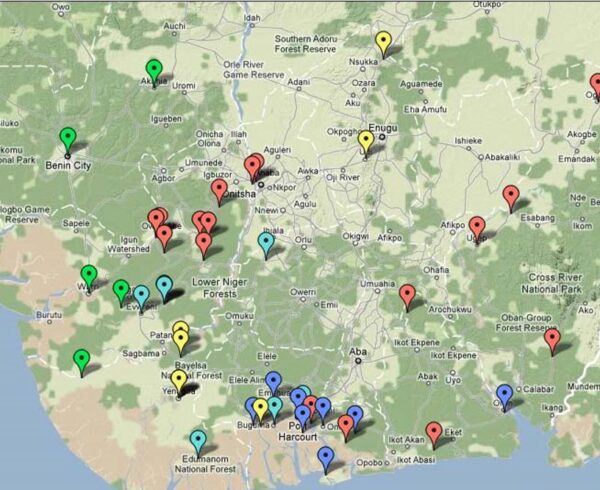
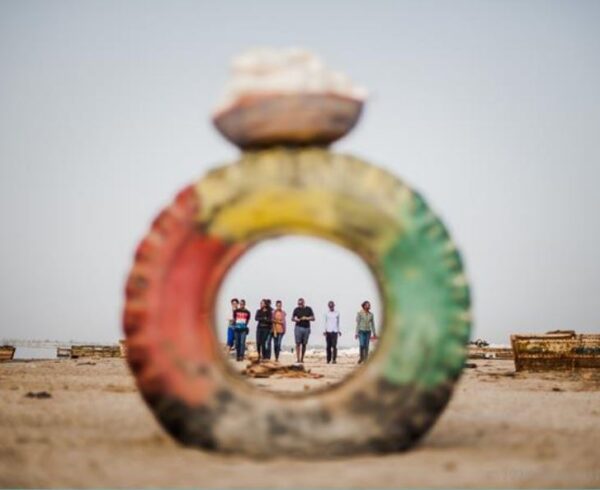
Leave a Comment